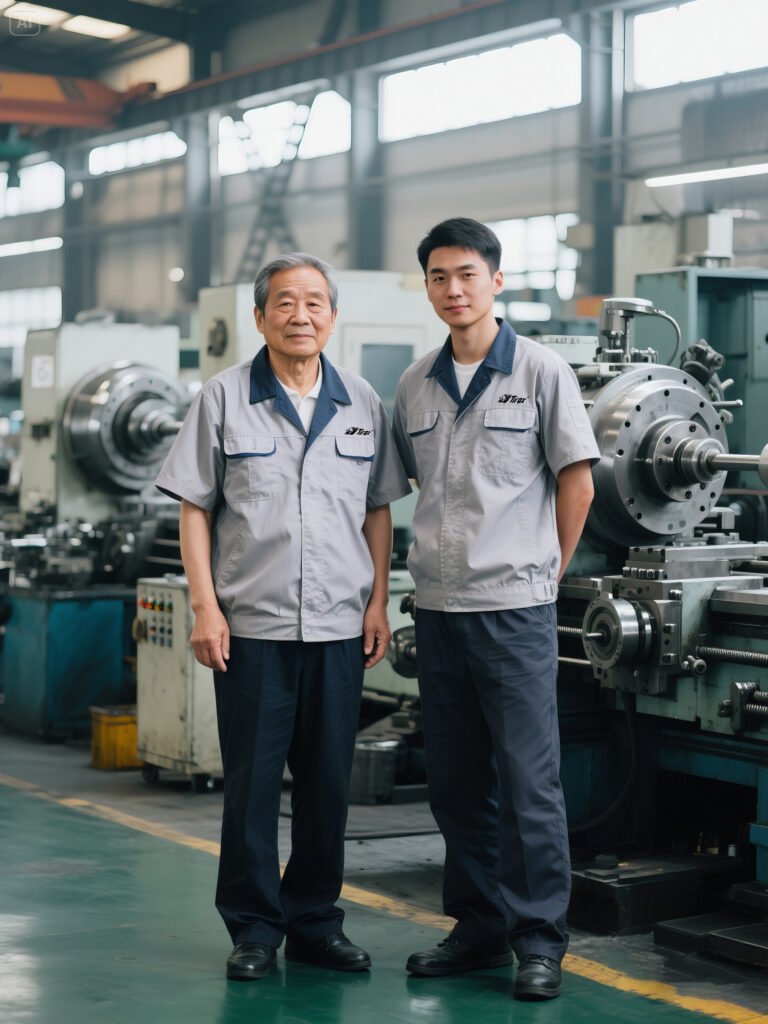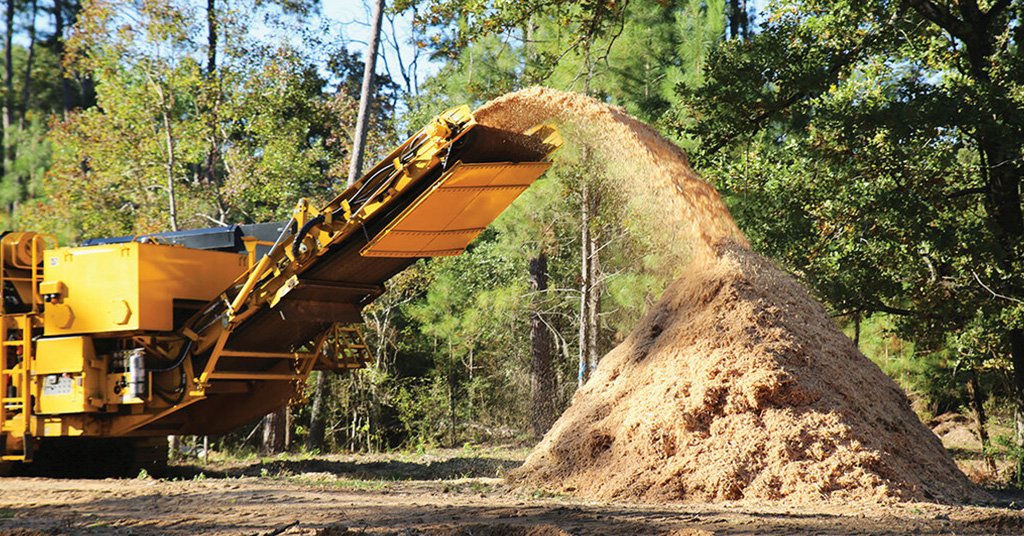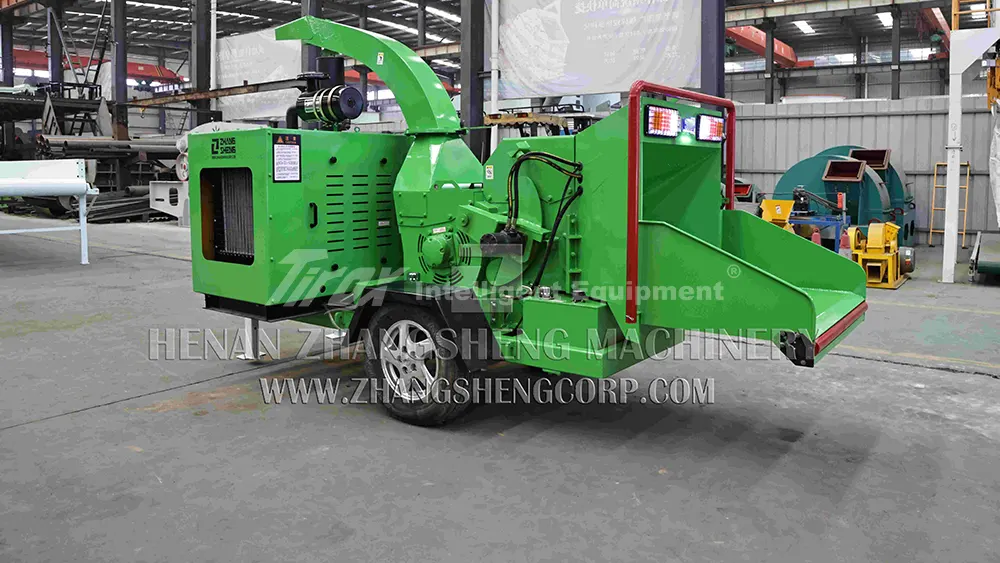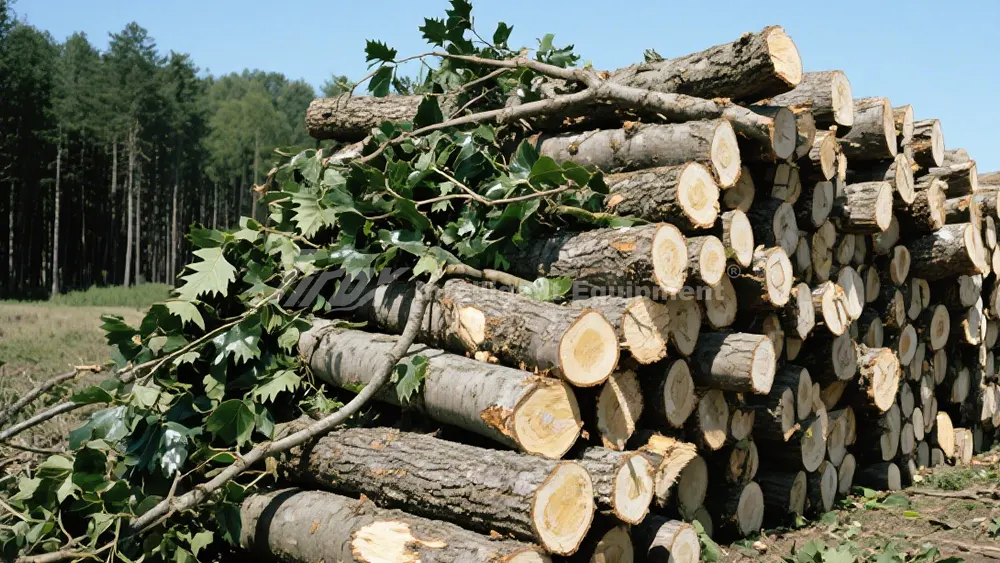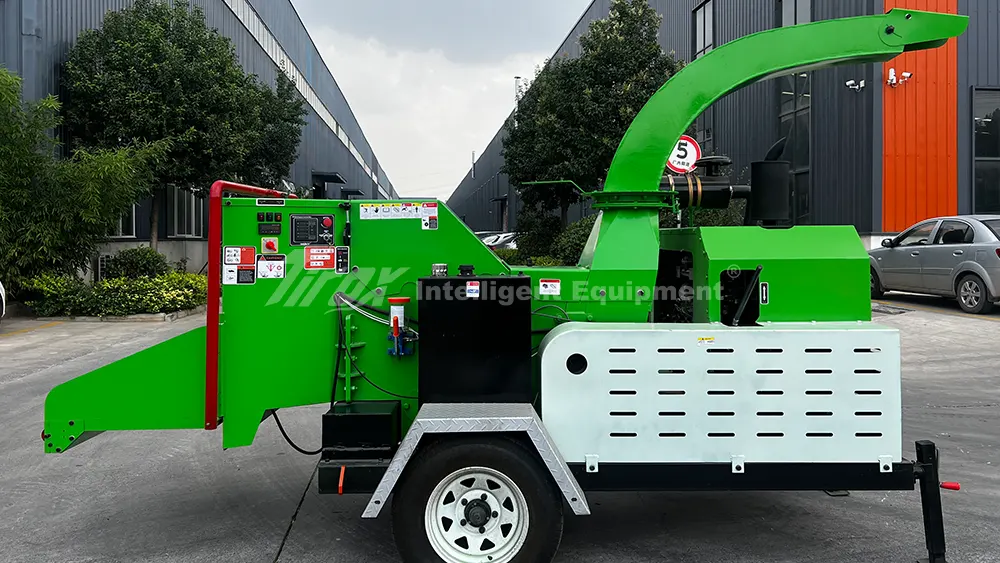Wood chippers play an important role in modern wood processing and waste management. Choosing the right wood chipper can greatly improve production efficiency and reduce operating costs. However, with so many options available, it can be difficult to know which one is right for you. In this article, we will discuss five key factors to consider when choosing a wood chipper to help you make an informed decision.
Processing Capacity
1. Throughput Rate
The processing capacity of a wood chipper is typically measured in the amount of wood it can handle per hour. It is important to choose a capacity that is appropriate for your needs. For example, if you are a small business or a homeowner, a wood chipper with a throughput rate of 1-2 tons per hour may be sufficient. On the other hand, if you are a large company or you process a lot of wood, you may need a wood chipper with a capacity of 5-10 tons per hour or more.If you choose a wood chipper with a capacity that is too low, you will not be able to keep up with production, and you will create a bottleneck in your process. On the other hand, if you choose a wood chipper with a capacity that is too high, you will waste resources and spend more money than you need to. Therefore, it is important to choose a wood chipper with the right capacity for your needs.
2. Suitable Wood Types
Different wood chippers are designed to handle different types and sizes of wood. When choosing a wood chipper, you need to make sure that it can handle the types of wood that you typically process. For example, some wood chippers are designed for small branches, while others are designed for larger trunks. Choosing a wood chipper that can handle your typical wood types and sizes will help you work more efficiently and reduce the risk of damage to your equipment.
Energy Efficiency and Power Type
1. Electric Motor vs Diesel Engine
Wood chippers are typically powered by either an electric motor or a diesel engine. The type of power you choose will depend on your work environment and your energy supply. Electric Motor: Electric motors are a good choice if you have a stable energy supply. They are more energy efficient and have lower operating costs. They also produce less noise and are easier to maintain. Electric motors are a good choice if you are working in a fixed location, such as a wood processing plant or a recycling center. Diesel Engine: Diesel engines are a good choice if you are working in the field or if you do not have a stable energy supply. Diesel engines provide more power, which is important if you are processing large-diameter wood.However, they have higher operating costs and require more maintenance.Diesel engines are a good choice if you are working in a remote location or if you need the flexibility to move your wood chipper around.
2. Energy Efficiency Ratio
Choosing an energy-efficient wood chipper will help you reduce your operating costs and lower your energy consumption. Energy-efficient devices are able to convert energy more efficiently when they are in use.This means that they waste less energy, which is good for the environment and good for your bottom line. When you are shopping for a wood chipper,look for energy efficiency labels or ask the supplier about the energy efficiency ratio of the equipment.
Automation and Smart Features
1. Automatic Feeding System
One of the most important features of modern wood chippers is the automatic feeding system. An automatic feeding system can help you work more efficiently and reduce the amount of manual labor that is required. Automatic feeding systems use sensors and control systems to adjust the feeding speed automatically. This ensures that the wood enters the cutting system evenly, which improves cutting efficiency and accuracy.Depending on your needs, you can choose a wood chipper with a fully automatic feeding system or a semi-automatic feeding system. Fully automatic feeding systems are suitable for large-scale, continuous production. Semi-automatic feeding systems are suitable for small-scale production or for specific feeding requirements.
2. Smart Control System
A smart control system can monitor the status of your equipment in real time and make adjustments as needed. This can help you avoid overloads and malfunctions, which can damage your equipment and reduce your productivity. Smart control systems can automatically adjust the working parameters of your wood chipper to ensure that it is operating at its optimum level. For example, if the system detects an overload, it can slow down or stop the feed to prevent damage to the equipment.
Durability and Maintenance
1. Materials and Construction
Choosing a wood chipper that is durable and easy to maintain will help you reduce your failure rate and your maintenance costs. The materials and construction of the equipment are important factors that affect durability.High-quality wood chippers are made from high-strength steel and are manufactured using advanced processes. This gives them excellent wear resistance and impact resistance.In addition to the materials and construction, you should also consider the design and ease of maintenance of the equipment. A wood chipper that is designed well and has a simple structure will be easy to operate and will have low maintenance costs. This will help you keep your wood chipper in good working order for a long time.
2. Maintenance Costs
The maintenance costs of your equipment will have a direct impact on your operating costs. Regular maintenance can help you prevent many problems, reduce your failure rate, and extend the life of your equipment.When you are shopping for a wood chipper, you should consider the maintenance cycle and the cost of replacing parts. This will help you understand the long-term costs of owning and operating the equipment.
Supplier Reputation and After-Sales Service
1. Supplier Qualifications and Experience
Choosing a supplier with a good reputation in the market and a lot of experience will help you ensure the quality of your equipment and the quality of your after-sales service. You can learn a lot about a supplier by reading customer reviews and case studies. This will give you a good idea of what it is like to work with the supplier and what you can expect from them. Experienced suppliers can also provide you with professional advice and support to help you install and use your equipment.
2. After-Sales Service and Technical Support
Good after-sales service and technical support are important for the longterm, stable operation of your equipment. When you are shopping for a wood chipper, you should make sure that the supplier offers a comprehensive after-sales service. This should include installation,debugging, maintenance, and repair. You should also make sure that the supplier offers quick-response technical support. This will help you resolve any issues that you have quickly and get your equipment back up and running as soon as possible.
Conclusion
Choosing the right wood chipper is a complex task that requires carefulconsideration of many factors. From processing capacity to energy efficiency,automation features to durability, and supplier reputation to after-sales service,each factor is important. We hope that these five key factors will help you make an informed decision when you are choosing a wood chipper. By selecting the right wood chipper, you can improve your production efficiency, reduce your operating costs, and achieve greater economic benefits. Whether you are involved in biomass energy production, agriculture and horticulture, the paper industry, or construction manufacturing, choosing the right wood chipper can help you take your business to the next level. If you have any questions or if you need further advice, please feel free to contact our professional team. We are here to help you.

